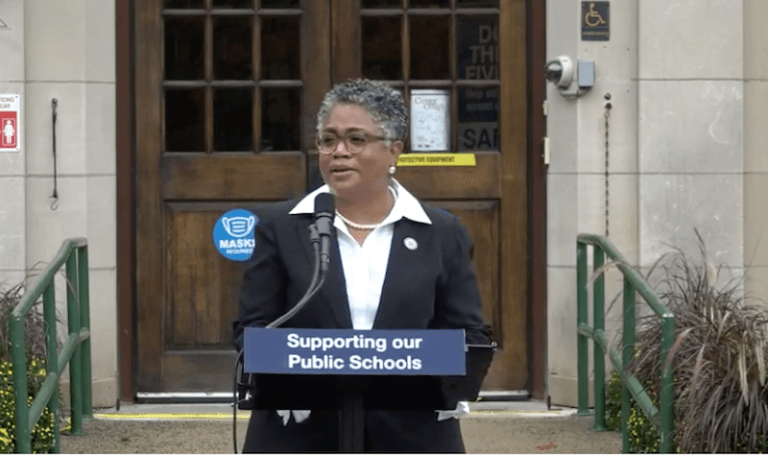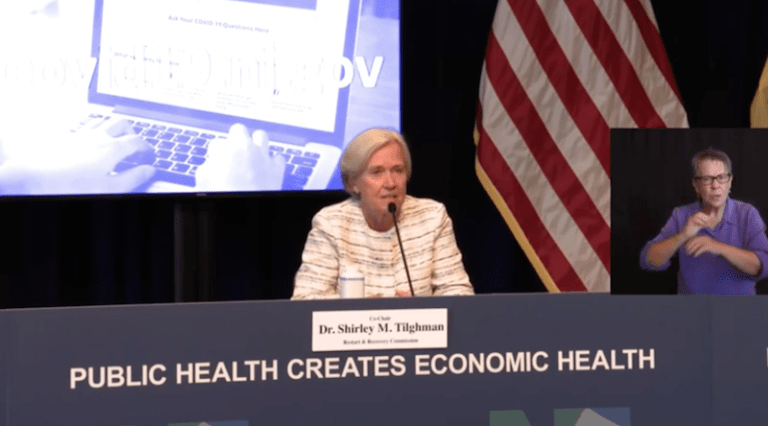Rutgers professors vote a second time to seek access to and limits on use of data from Academic Analytics — as faculty advocates vow to take such criticism to other campuses.
By Colleen Flaherty
The faculty of the Graduate School at Rutgers University in New Brunswick took a stand against Academic Analytics on Tuesday, resolving that administrators shouldn’t use proprietary information about faculty productivity in decisions about divvying up resources among departments, or those affecting the makeup of the faculty, graduate teaching assignments, fellowships and grant writing. They also demanded to view their personal data profiles by Sept. 1. The vote was 114 to 2.
[…]David Hughes, a professor of anthropology at Rutgers and president of its American Association of University Professors- and American Federation of Teachers-affiliated faculty union, said that beyond promises of access to faculty data, Edwards’s message fell short. In particular, he said that Edwards had “mischaracterized” Academic Analytics as consistent with the Leiden Manifesto, a sort of gold standard for research metrics — including “Keep data collection and analytical processes open, transparent and simple.”
“I suspect that when he praises [Academic Analytics] for its transparency, involvement of stakeholders and so on, he is referring to its transparency to and involvement of client administrators — not their faculties,” Hughes said.
It was only after some effort that Hughes was able to view his profile earlier this year; he said he’d been credited for three journal articles in a given period when he’d only written one, and undercredited on other kinds of publications. Beyond issues of transparency and basic accuracy, Hughes said he also wondered how an anthropologist who made a movie instead of publishing an article would be credited — if at all. Other professors have expressed concern about how Academic Analytics measures interdisciplinary research and credits co-investigators on grants.
[…]Deepa Kumar, vice president of the Rutgers faculty union and a professor of communications, said she remained unswayed by such arguments. She said Tuesday’s meeting, at which a number of faculty members across the arts and sciences spoke out against Academic Analytics, was the start of a greater resistance against the program. Indeed, the national AAUP recently released a statement urging caution against the adoption of Academic Analytics and similar services.
The AAUP statement noted a 2015 report from the Higher Education Funding Council for England, where use of research metrics is now required at public institutions, that found “considerable skepticism among researchers, universities, representative bodies and learned societies about the broader use of metrics in research assessment and management.” Data points can be misused or “gamed,” the study says, and as underlying algorithms remain fragmented, “it is not currently feasible to assess research outputs or impacts … using quantitative indicators alone.”
Kumar said the next step — likely next year — is to campaign not just for the limited application of Academic Analytics or access to data but the end of its use on campus.
“Using this data to make decisions about allocation of resources to departments and schools is something that has serious consequences,” she said. “This is simply not one extra form of measurement.”
More>>





